Grassroots independence campaigners in Tayside tell us they’re already looking one year ahead to a potential second referendum, despite a UK Government vow to prevent another vote.
In 2014, at the first time of asking, Alex Salmond was mobbed by supporters in Dundee – or Yes City as it became known once the votes were counted.
In Perthshire, the public returned a resounding No to leaving the UK, ultimately reflected in the national result.
Eight years on, we checked in with grassroots activists for independence who say they never stopped campaigning.
And we heard from a pro-UK replacement to the former Better Together campaign, which says the nation has more immediate problems to sort out.
Is Dundee still ‘Yes City’?
Dundee returned the highest pro-independence vote in 2014 at 57%.
It was one of only four council areas in Scotland to vote to quit the UK.
But is Dundee still the Yes City it once was?
Pro-independence activists certainly seem to think so.
“Independence and politics is very much number one on most people’s conversations in Dundee”, says Colin Clement, who is one of the activists leading the pro-independence campaign in the city.
He said activists in Dundee started talking about IndyRef2 “the day after” the 2014 vote, and believes the number of people who are now Yes supporters is even higher than it was eight years ago.
There is not a unified pro-independence group covering the city, but Mr Clement thinks this will be a strength when it comes to campaigning.
He said: “Independence is more than a political idea, it is a cultural idea, so you can’t expect everyone who believes in independence to have the same political ideas.
“So in 2014 there were high-profile organisations like the SNP, the Yes movement itself, and Radical Independence.
“Now we have a lot of smaller organisations and individuals who are out canvassing every day of their lives for Yes.”
Campaigners already knocking doors
Lee Mills and Mike Strachan, who are also calling for Dundonians to vote for independence, are already out knocking on doors for the Yes cause.
Mr Mills has even been going out three times a week, and said he believes talking to people on the streets will be the best way to campaigning between now and October 19 2023.
Maria Vint added she is looking forward to seeing how young people who weren’t able to vote in 2014 will change the conversation.
She said: “What is quite exciting is there is a whole load of new young people who because of Covid have not been involved in this kind of campaign before.
“They can now vote for the first time and get involved and I am really excited to see what that will be like.”
Will Perth voters still say No?
Perth and Kinross is Dundee’s next door neighbour, but it had one of the highest pro-unionist results on the mainland.
Only 39.81% of people in the region voted in favour of independence.
Maybe it’s no surprise Liz Truss and Rishi Sunak picked the city of Perth as the location for their August 16 leadership debate in front of Tory members.
After the Brexit referendum in 2016, a number of grassroots independence groups came together to form Yes Perth City and in 2019 they set up a shop called Destiny on the old High Street.
Just like the activists in Dundee, they believe having conversations with friends, family and those on the street will be the best way to spread their message.
William Duguid said: “We have people coming to see ‘when the time comes, we want to do some leafleting for you’.
“But the time is about there and we will be triggering those people soon.
“Independence will not be won by what we do publicly but how we inspire people to talk to their own family and friends, that is the level it will happen at.”
Jacqui Jensen added they want to try and speak to people who are undecided, rather than trying to preach to the converted or convince those who will never not be unionists.
She said: “We have about 10-15% of people who are not too sure.
“They are not pro or anti-independence, they are just not sure how it will work for them.”
Perth and Kinross’ neighbouring local authorities also voted in favour of the unionists as well – Yes received 45% of votes in Fife and 44% in Angus.
Are we Better Together?
Despite winning the 2014 referendum, the cross-party unionist group Better Together did not continue.
There are few pro-unionist groups in the Tayside area, with some supporters even telling us campaigning has not started because they don’t believe there will even be a referendum in 2023.
Even many of those who want independence don’t want a referendum any time soon.
– Pamela Nash
We spoke to national campaign group Scotland in Union to ask them where the pro-unionist campaign will come from in the run up to the proposed 2023 referendum date.
Pamela Nash, Scotland in Union’s chief executive, said: “The reality is the SNP and their supporters have not stopped campaigning for a referendum since they lost the last one in 2014.
“They didn’t listen to the people of Scotland then and they are not listening now.
“The majority don’t want a divisive referendum any time soon.
“Even many of those who want independence don’t want a referendum any time soon.
“The pro-UK campaign will continue to make the positive case for Scotland remaining in the UK as we believe our future is much stronger in the UK.
“But at times when it seems we are quieter, it is because many of us are concentrating on issues that matter to people like improving public services and finding a solution to the cost of living crisis.
“That is what we want the Scottish Government to do, not leading their own supporters up a hill to become relevant in the next general election.”


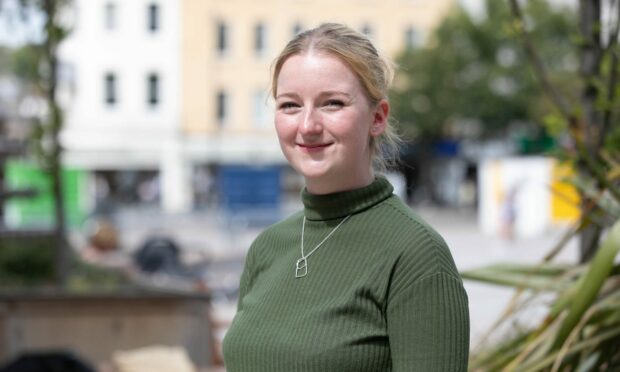
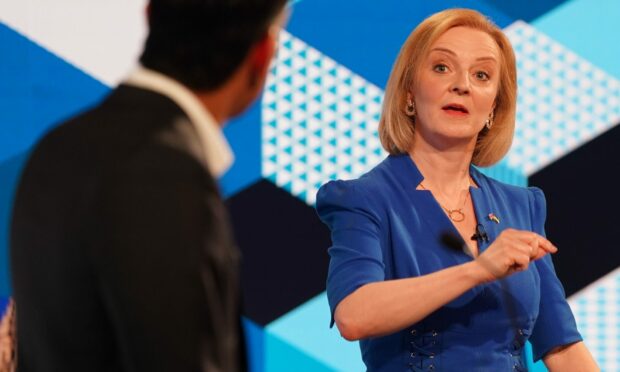
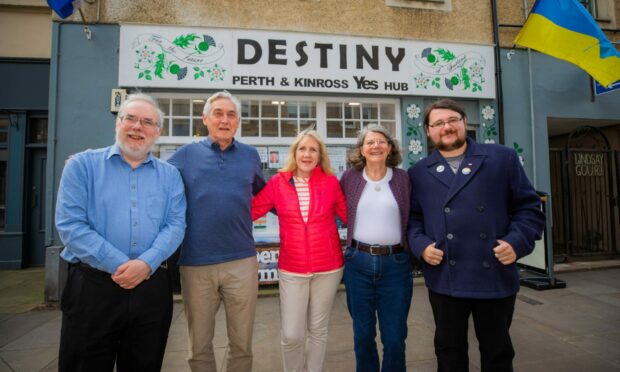
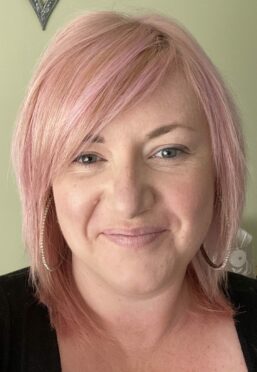



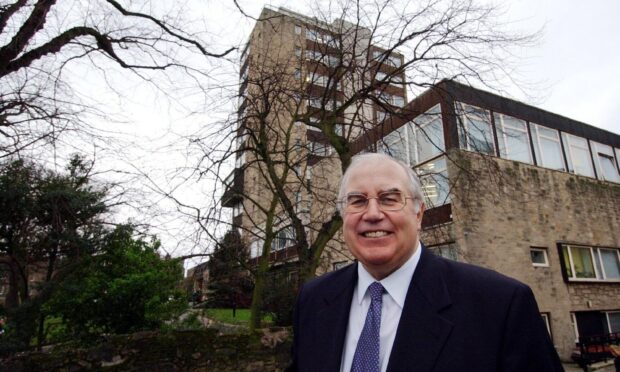
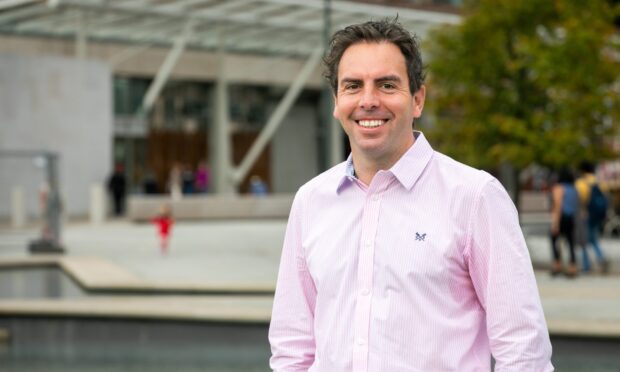
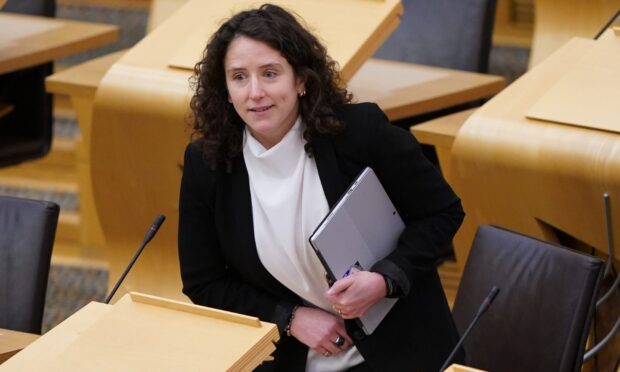
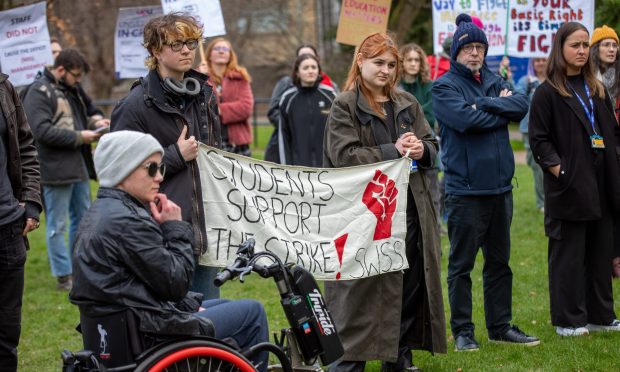
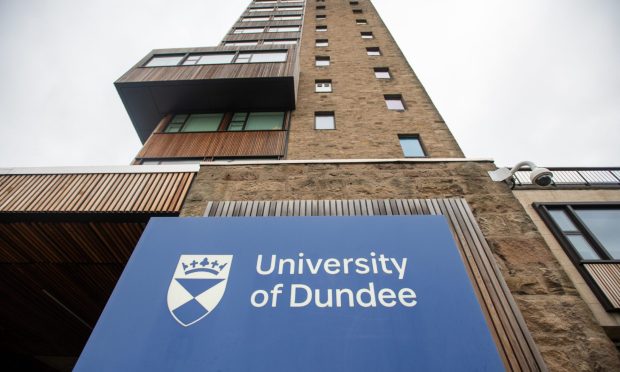
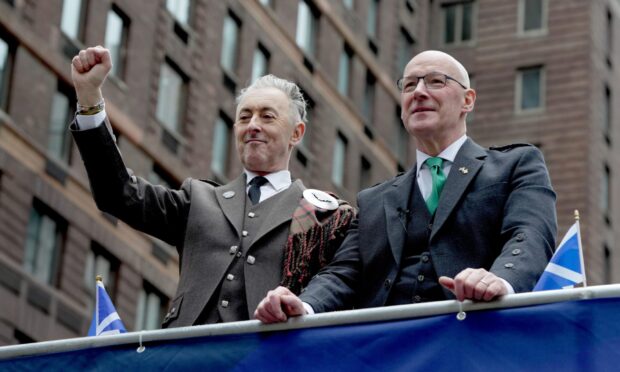

Conversation